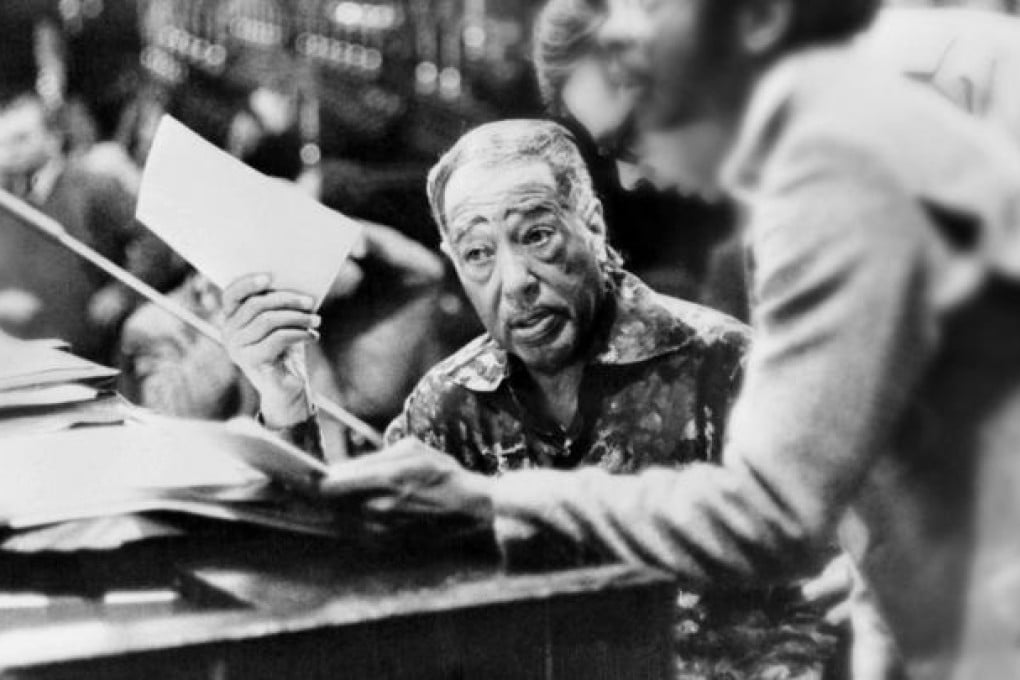Blue Notes: Reinterpreting Duke Ellington's 'Money Jungle'
Composer-bandleader Edward Kennedy "Duke" Ellington was famously reluctant to fire his musicians.

Composer-bandleader Edward Kennedy "Duke" Ellington was famously reluctant to fire his musicians. He was generally able to make an unwelcome player feel sufficiently uncomfortable to quit of his own accord, but occasionally he had to ask the musician to leave.
This was the case with Charles Mingus, who was fired by Ellington after an onstage fight between Mingus and trombonist Juan Tizol. That incident in 1953, as recounted by the bassist in his colourful if unreliable autobiography, Beneath the Underdog, involved Tizol pursuing Mingus with a knife, and he destroying his bandmate's chair with a fire axe.
Mingus recalled Ellington's response: "'Really, Charles, that's destructive … So I'm afraid Charles - I've never fired anybody - you'll have to quit my band. I don't need any new problems. Juan's an old problem, I can cope with that, but you seem to have a whole bag of new tricks. I must ask you to be kind enough to give me your notice, Charles.' The charming way he says it, it's like he's paying you a compliment. Feeling honoured, you shake hands and resign."
Nine years later, Mingus was again playing with Ellington, this time on a trio session with drummer Max Roach - with whom he also had "issues". Tension in the studio is discernible on several tracks on the album, Money Jungle - particularly on Caravan, an Ellington band standard the Duke had brought to the session alongside his own compositions, new and old, and mostly blues-based. That selection might have been made with gently mischievous intent: Caravan was a Tizol composition.
Much of the music from that session was recently reinterpreted and re-recorded by drummer Terri Lyne Carrington, with pianist Gerald Clayton and bassist Christian McBride, for her latest album, Money Jungle: Provocative in Blue.
Carrington has added a number of elements to her interpretation of the compositions, including sound clips from speeches by Martin Luther King Jnr, Bill and Hillary Clinton, and Barack Obama. It's safe to assume she does not vote Republican.
Augmenting the trio are trumpeter Clark Terry, trombonist Robin Eubanks, reed players Tia Fuller and Antonio Hart, guitarist Nir Felder, percussionist Arturo Stable and vocalists Shea Rose and Lizz Wright. Terry, still going strong at 92, also contributes vocally to Fleurette Africaine.